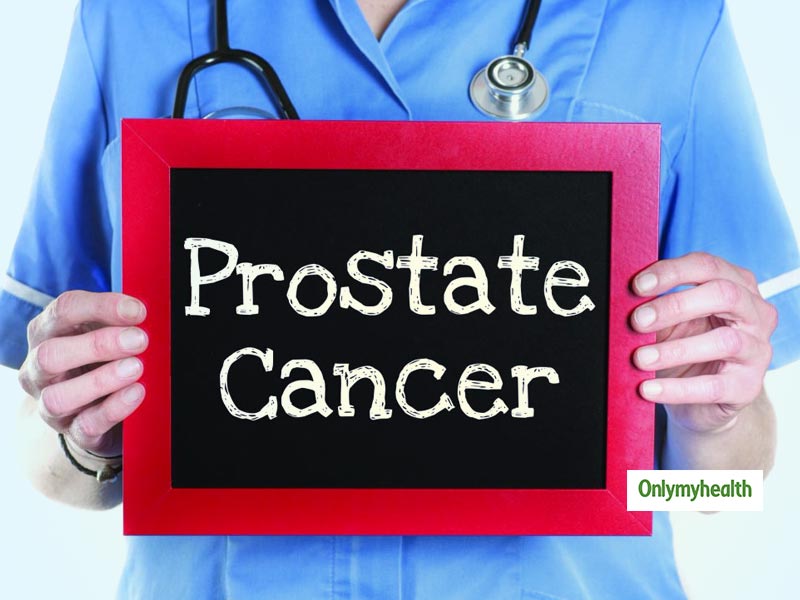
Prostate cancer is a prevalent malignancy among men worldwide, with various incidence rates influenced by age, ethnicity, and geographic location. Understanding its risk factors, causes, and management strategies is crucial for effective prevention and treatment.
Table of Content:-
Talking along the lines, we spoke to our expert Dr Anil Thakwani, Director, and Senior Consultant, Oncology Department - Sharda Hospital to shed some light on the warning signs you should not ignore for prostate cancer. Here is what he shared with us.
Incidence
Prostate cancer is one of the most common cancers among men, particularly in older age groups. Incidence rates vary globally, with higher rates in developed countries and among certain ethnic groups, such as African American men. Age is a significant risk factor, with incidence increasing with advancing age.
Risk Factors of Prostate Cancer
Age: Risk increases with age, especially after the age of 50.
Family history: Having a close relative with prostate cancer increases the risk.
Ethnicity: African American men have a higher risk compared to other ethnic groups.
Diet: High intake of saturated fats and low consumption of fruits and vegetables may increase the risk.
Lifestyle factors: Obesity, lack of exercise, and smoking have been associated with an increased risk.

Also Read: Expert Shares the Power of Tulsi Leaves to Control Bad Cholesterol LDL Levels
Causes of Prostate Cancer
Genetic factors: Mutations in certain genes, such as BRCA1 and BRCA2, can increase susceptibility.
Hormonal influences: Androgens, particularly testosterone, play a role in prostate cancer development.
Environmental factors: Exposure to certain chemicals or toxins may contribute to the development of prostate cancer.
Inflammation: Chronic inflammation of the prostate gland may increase the risk of cancer.
Lifestyle factors: Poor diet, lack of exercise, and smoking can contribute to the development of prostate cancer.
Also Read: Combatting Measles: Expert Explains Symptoms and Effective Prevention Strategies

Management for Prostate Cancer
Active surveillance: For low-risk prostate cancer, monitoring through regular check-ups may be recommended instead of immediate treatment.
Surgery: Radical prostatectomy involves surgical removal of the prostate gland and is a common treatment option for localised prostate cancer.
Radiation therapy: External beam radiation or brachytherapy may be used to target and destroy cancer cells.
Hormone therapy: Blocking the production or action of androgens can slow cancer growth in advanced cases.
Chemotherapy: Used in advanced or metastatic prostate cancer to help shrink tumours and alleviate symptoms.
Immunotherapy: Emerging as a treatment option, immunotherapy aims to stimulate the body's immune system to attack cancer cells.
A Final Word
Understanding the incidence, risk factors, causes, and management options for prostate cancer is essential for effective prevention, early detection, and treatment of this prevalent malignancy among men. Regular screening and adopting a healthy lifestyle can significantly reduce the risk of developing prostate cancer and improve outcomes for those diagnosed with the disease. If you experience any warning signs such as difficulty urinating, blood in urine or semen, erectile dysfunction, or bone pain, it's crucial not to ignore them and consult with a healthcare professional promptly for further evaluation and management. Early detection and intervention can make a substantial difference in the prognosis and quality of life for individuals affected by prostate cancer.
Also watch this video
How we keep this article up to date:
We work with experts and keep a close eye on the latest in health and wellness. Whenever there is a new research or helpful information, we update our articles with accurate and useful advice.
Current Version
